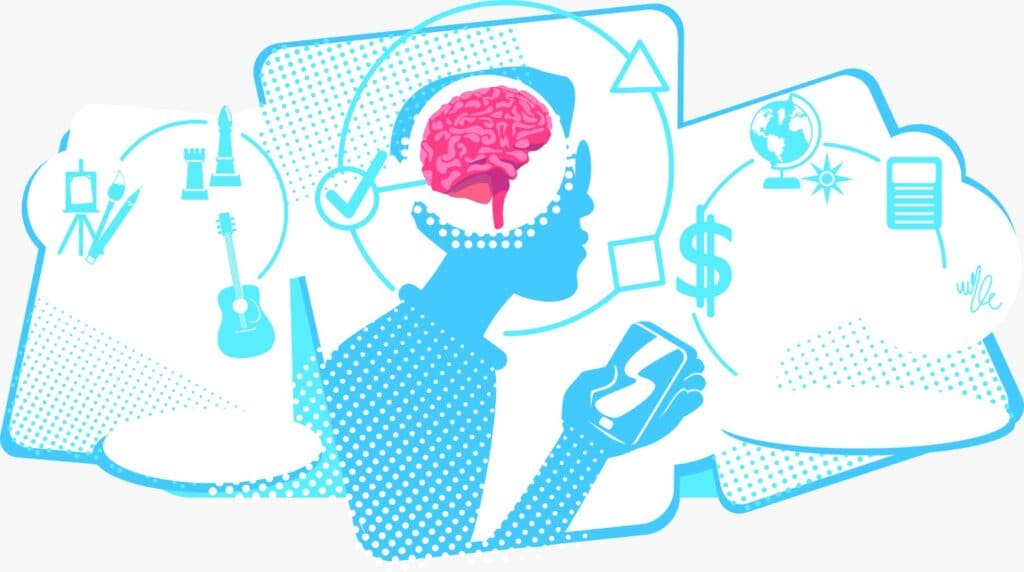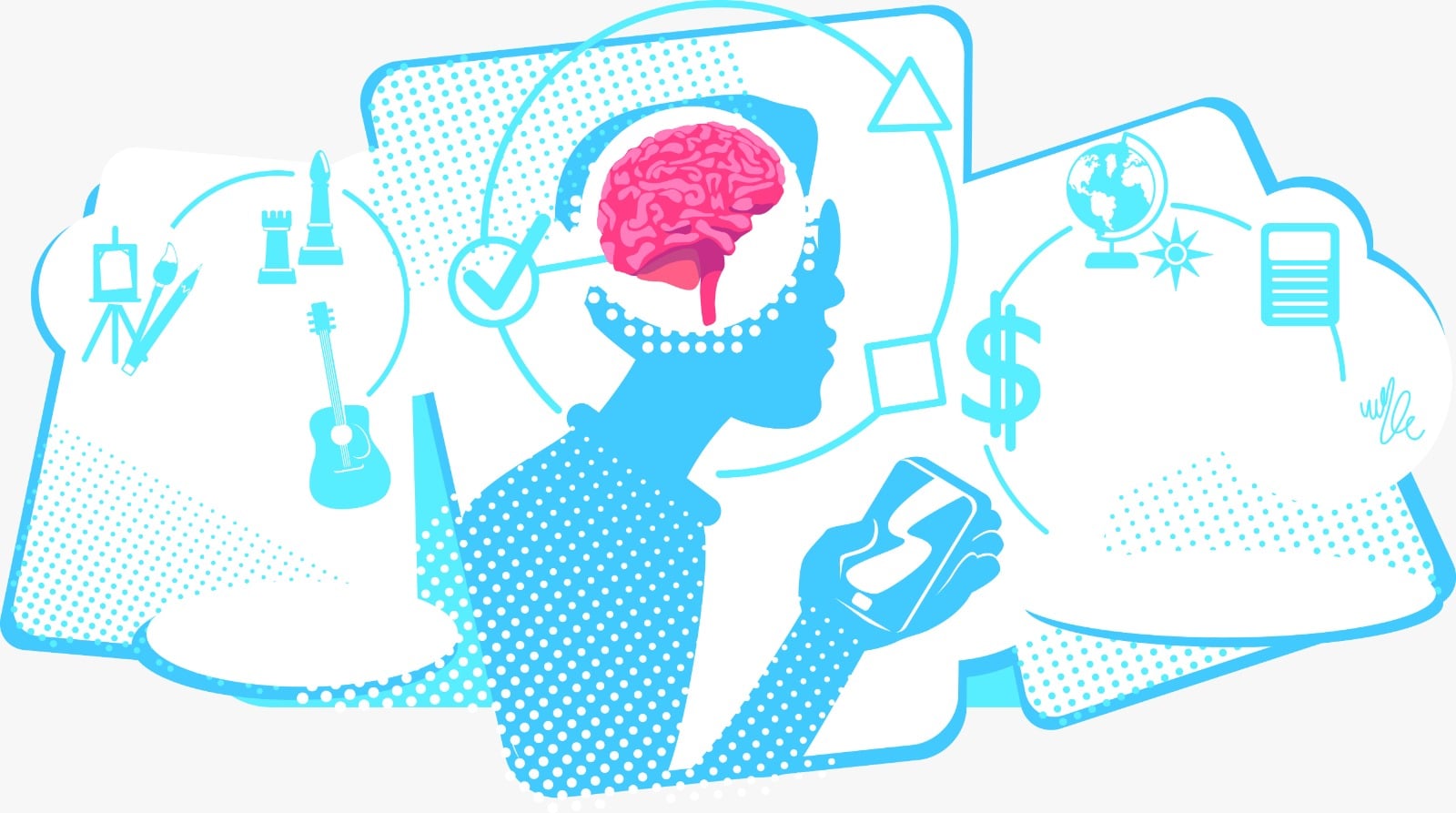
Millions of adults in the United States have some form of learning challenge. Examples include Attention Deficit Disorder with Hyperactivity (ADHD), dyslexia, and autism spectrum. It’s likely you work with a co-worker, manager, or employee with a learning disability. One of the hardest things for many of these adults to do is to reveal that they have a challenge.
As an employer, it’s important to know that this is a big issue for some of your employees.
Meet Ella
A colleague of mine, Ella, is a career coach. She’s phenomenal at her job and works beautifully with people. Part of her unique skill set is an innate sense of knowing exactly what her clients need. She helps them create plans to tailor their careers and target jobs that fit best. Her company loves her in this role; she’s perfect.
Recently, while putting together a special program for her clients, she needed to create a computerized form. The app available to create the form was new to Ella. She would have to learn how to use it. What nobody at her job knew is that Ella can’t do trial and error on the computer like most people can. Most of us just pick around and figure out how to use the computer program to get our jobs done. But Ella doesn’t learn that way.
Normally, she calls the IT person and has him come over to show her how to use programs with which she’s unfamiliar. But, on this one day, he was unwilling to help. He may have been too busy or stressed when she emailed him for help. Instead of coming over, he replied, “I don’t have time to go over there. Here are the instructions for how to use the app to create the form.”
Ella read that email and her heart sank. “Oh my gosh! He doesn’t know that I can’t read these instructions and figure it out,” she told me later. She wrote back and said, “Look, this is great, but could you please come over and show me? Or I’ll come to you. Just show me.” Instead of agreeing to help, he wrote, “Look, here’s the steps. This is what you’ve got to do, just do it. What’s wrong with you?”
She was crushed.
“I was so upset that I didn’t know what to do because I don’t want people to know about my disability. I have nonverbal learning disorder and I can’t learn that way. I realized that I had to tell him. I had to say. ‘I have a disability and I need you to come and show me.’”
I listened as she explained, “I had to out myself. I was so humiliated.” She continued, “I went home that night and I wanted to cry. It’s so hard for people like me to get through those days at work. When we have to out ourselves, we’re in fear of possible backlash.”
Ella is not alone. There are many people in your workplace, working on site or remotely, with similar issues. They are hard working, productive employees who are non-traditional learners. Quietly, they work around their learning challenges to get the job done. they’ve learned how to compensate for their challenges and maximize their talents.
Support employees without embarrassment
Here are three ways to accommodate employees who have learning challenges. These strategies increase their success on the job without embarrassment.
#1. Allow Employees to Work to Their Strengths.
For example, consider an employee who struggles with dyslexia. He may struggle with written instructions, yet, he has an exceptional memory . Instead of providing written instructions, provide verbal or recorded instructions until instructions are memorized.
#2. Foster an Inclusive Work Atmosphere
Make sure that all employees feel welcomed, wanted and reassured. This is especially important in the virtual environment. If your workforce is remote, provide opportunities for employees to connect with each other by utilizing breakout rooms to interact, problem solve and brainstorm ideas.
#3. Record Digital Whiteboard Meeting Notes
It’s common for meeting attendees to take a photograph of a white board or take good old fashioned notes. Yet, for some people that’s not enough. Remembering meeting discussions requires strong auditory memory and processing skills. A solution is to record meeting notes on a digital whiteboard. Store the video recording in the cloud for download or streaming after the meeting.
Of course, these are just a few ways to accommodate your employee’s secret learning challenges. What’s the biggest learning challenge you or your employees are struggling with? What strategies do you employ in your office? Please take a moment to share your thoughts and ideas in the comment section, below.
For more information about adult disabilities, there’s some helpful online resources like ADDitude and the Learning Disabilities Association of America.

